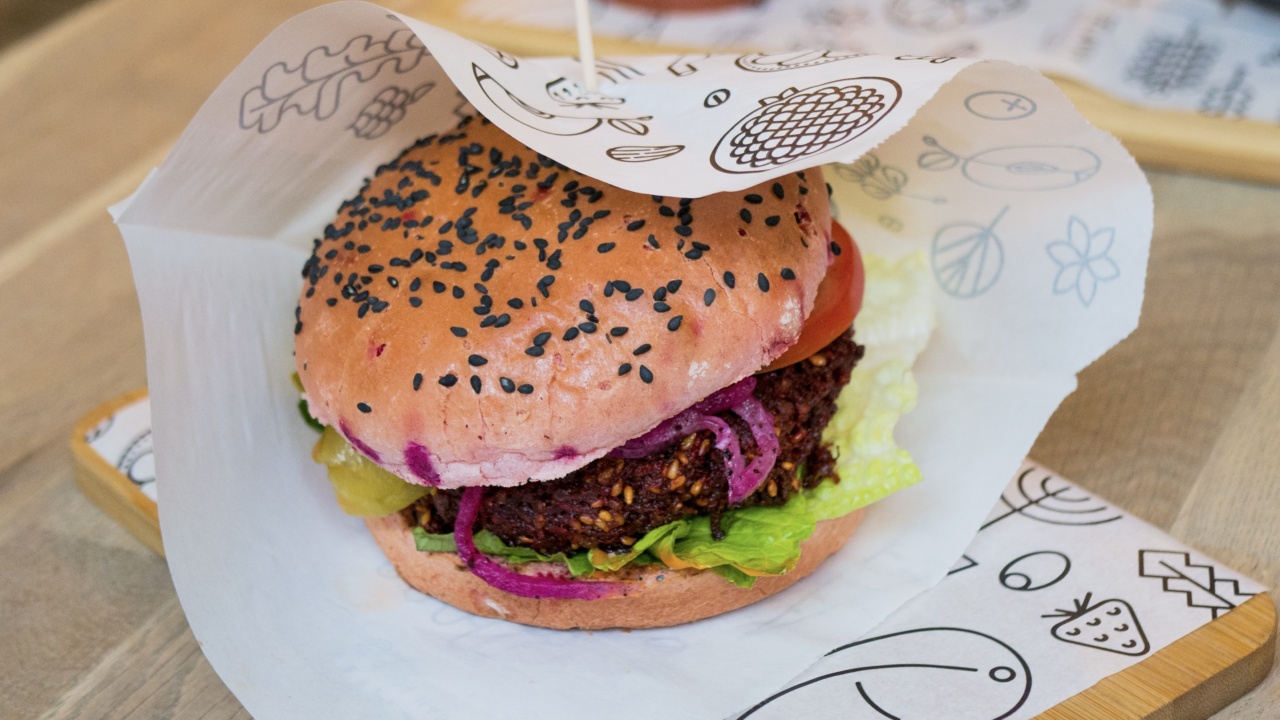Going on a vegetarian fast can be a great way to cleanse your body and reap the benefits of a plant-based diet. However, it’s important to ensure that you’re meeting your nutritional needs during the fast.
Here are some tips on how to do that:.
1. Choose Nutrient-Dense Foods
When you’re on a vegetarian fast, it’s important to make every calorie count. This means choosing foods that are rich in essential nutrients, like vitamins, minerals, and protein. Focus on whole plant foods, such as:.
- Leafy greens like kale, spinach, and collard greens.
- Cruciferous vegetables like broccoli, cauliflower, and Brussels sprouts.
- Root vegetables like sweet potatoes, carrots, and beets.
- Fruits like berries, citrus, and pomegranates.
- Nuts and seeds like almonds, chia seeds, and pumpkin seeds.
- Legumes like lentils, chickpeas, and black beans.
- Whole grains like quinoa, brown rice, and oats.
2. Make Sure You’re Getting Enough Protein
One of the biggest concerns for vegetarians is getting enough protein. However, there are plenty of plant-based sources of protein that you can include in your diet. Here are some of the best options:.
- Legumes like lentils, chickpeas, and black beans.
- Nuts and seeds like almonds, chia seeds, and pumpkin seeds.
- Tofu and tempeh.
- Whole grains like quinoa, brown rice, and oats.
- Vegetables like broccoli, spinach, and peas.
3. Pay Attention to Iron
Iron is an important nutrient for everyone, but it’s especially important for vegetarians, as plant-based sources of iron are less readily absorbed by the body than animal-based sources.
To ensure that you’re getting enough iron, include plenty of leafy greens, legumes, and whole grains in your diet.
4. Get Your Vitamin B12
Vitamin B12 is another nutrient that can be challenging to get enough of on a vegetarian diet, as it’s primarily found in animal products. However, there are some plant-based sources of vitamin B12, such as fortified cereals and plant milks.
You can also take a B12 supplement to ensure that you’re meeting your needs.
5. Stay Hydrated
Drinking plenty of fluids during your vegetarian fast is important to ensure that you’re staying hydrated and supporting your body’s natural detoxification processes.
Aim for at least 8-10 cups of water per day, and consider adding in some herbal teas or vegetable juices for variety.
6. Listen to Your Body
Finally, it’s important to listen to your body during your vegetarian fast. If you’re feeling weak, dizzy, or otherwise unwell, it may be a sign that you’re not getting enough of certain nutrients.
Don’t hesitate to consult a healthcare professional if you’re experiencing any concerning symptoms.
Conclusion
A vegetarian fast can be a great way to support your health and well-being.
By choosing nutrient-dense foods, getting enough protein, paying attention to iron and vitamin B12, staying hydrated, and listening to your body, you can meet your nutritional needs during the fast and feel your best.































